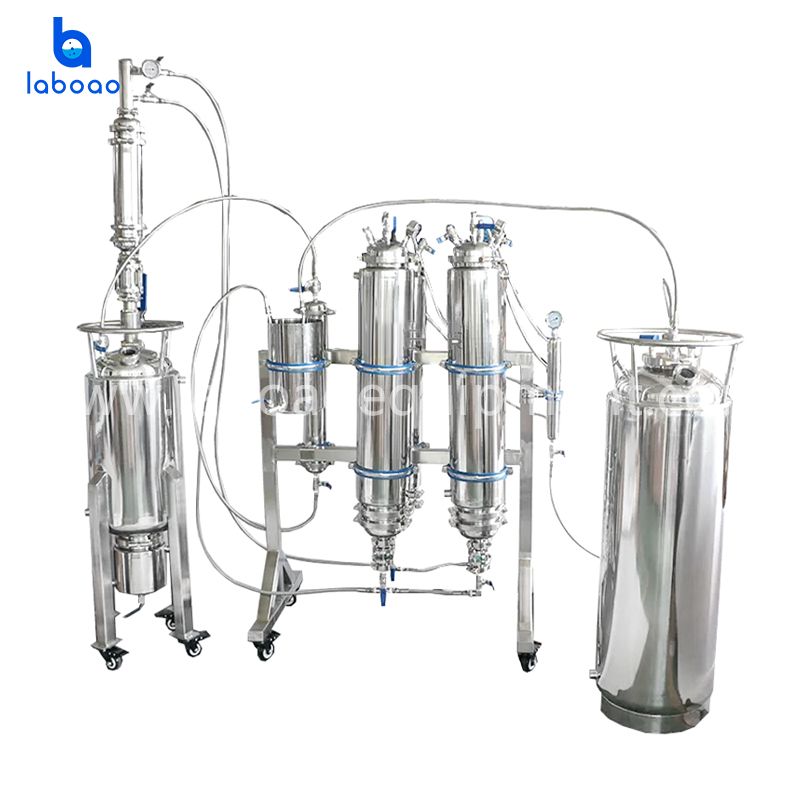How To Choose The Right Laboratory Vacuum Pump?
Generally, there are two types of vacuum pumps used in laboratories: vacuum filtration and vacuum drying.
Vacuum filtration is generally matched with various laboratory vacuum filtration devices, such as solvent filters, sand core filter bottles, Buchner funnel filter bottles, bottle top filters, microbial limit detection filter devices, multi-filters, etc. Simply put, it is an application that uses vacuum pumps, micro vacuum pumps and other equipment that can provide vacuum to speed up the separation of solid and liquid mixtures. Vacuum filtration is often used in medical and scientific research experiments. Therefore, under normal circumstances, large vacuum pumps with bulky, high noise, and high power consumption are not suitable. Micro vacuum pumps and small vacuum pumps are commonly used.
Vacuum drying is a method of reducing the boiling point of liquid under low pressure and boiling and evaporating at room temperature, so that the sample can remove water or solvent, so as to increase the concentration of the sample or crystallize it.
Vacuum pumps are generally used in conjunction with a variety of instruments in the laboratory, such as vacuum filters, waste liquid extractors, rotary evaporators, vacuum drying ovens, freeze dryers and other equipment.
The most used and most important ones in the laboratory are oil-free piston type (mostly used for microbial detection) and corrosion-resistant diaphragm type (mostly used in chemical laboratories). The piston type is generally used for vacuum filtration, microbial detection, and waste liquid. Extraction, vacuum drying oven and other equipment supporting the use. The corrosion-resistant diaphragm type is generally used in conjunction with rotary evaporators, vacuum drying ovens, and centrifugal concentration.
Non-dry vacuum pumps, such as oil vacuum pumps, water circulation vacuum pumps. The common point of non-dry vacuum pumps is that they need to use other substances (such as water and oil) to achieve the ideal vacuum degree. The most used in the laboratory is the oil rotary vane pump, which is generally used in conjunction with freeze dryers and vacuum drying ovens.
When purchasing, you must first understand the role of the vacuum pump in the laboratory, such as vacuum filtration and vacuum drying. And whether the gas pumped by the vacuum pump is corrosive, such as reagent purification and sample filtration. Generally, for filtering samples, you can choose an oil-free vacuum pump. If it is reagent purification, you should choose a corrosion-resistant vacuum pump.
Secondly, consider the configuration of vacuum pumps in other instruments and equipment. If it is used to configure a rotary evaporator, it must use a corrosion-resistant vacuum tube. The gas evaporated by the rotary evaporation is corrosive to a certain extent; if it is used in a drying oven, you can choose a vacuum pump with a relatively high vacuum, such as a rotary vane oil-sealed pump.

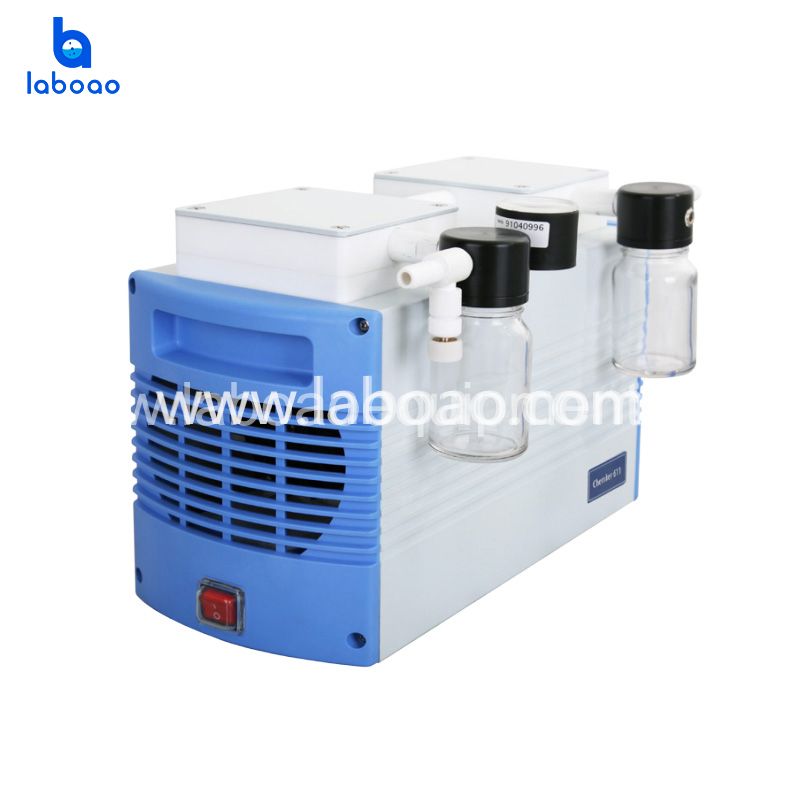
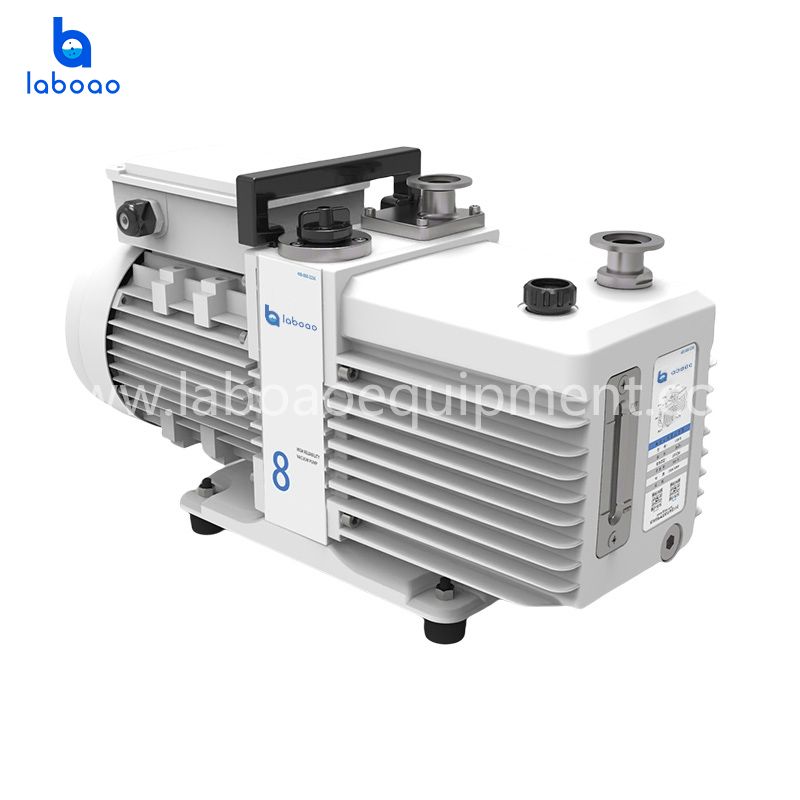

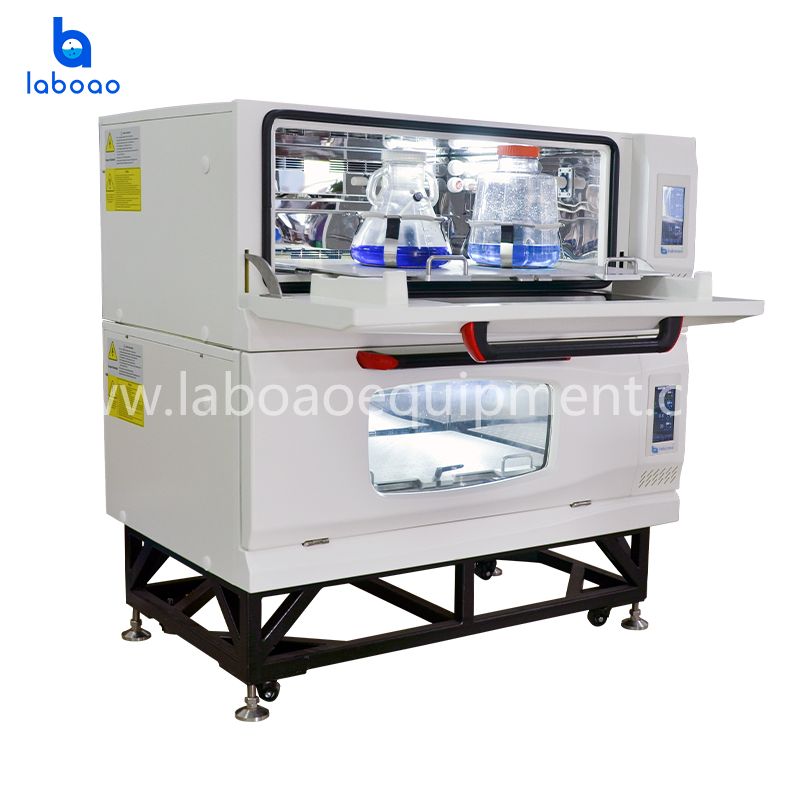
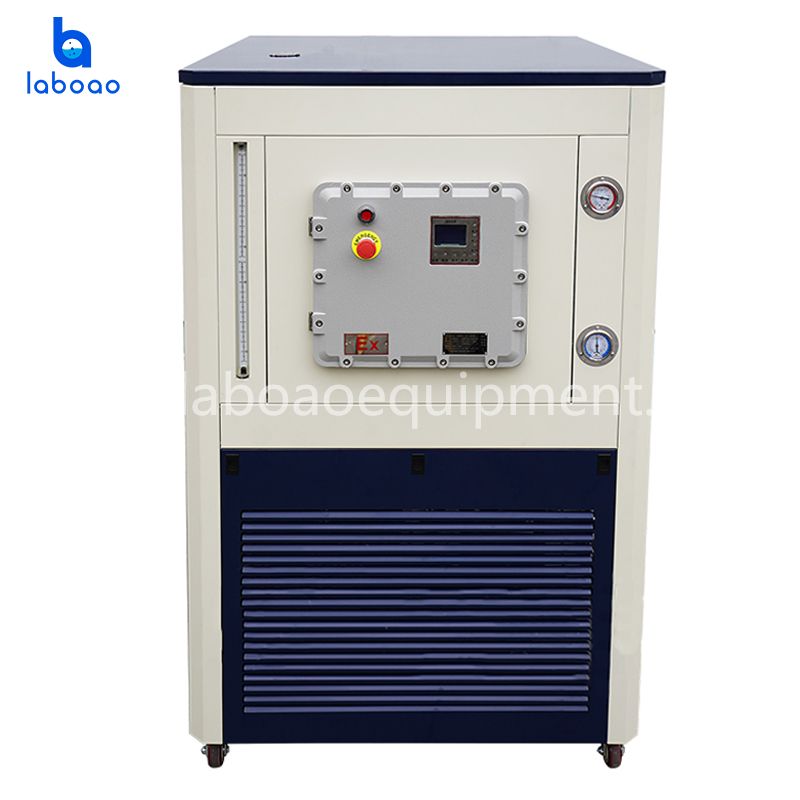
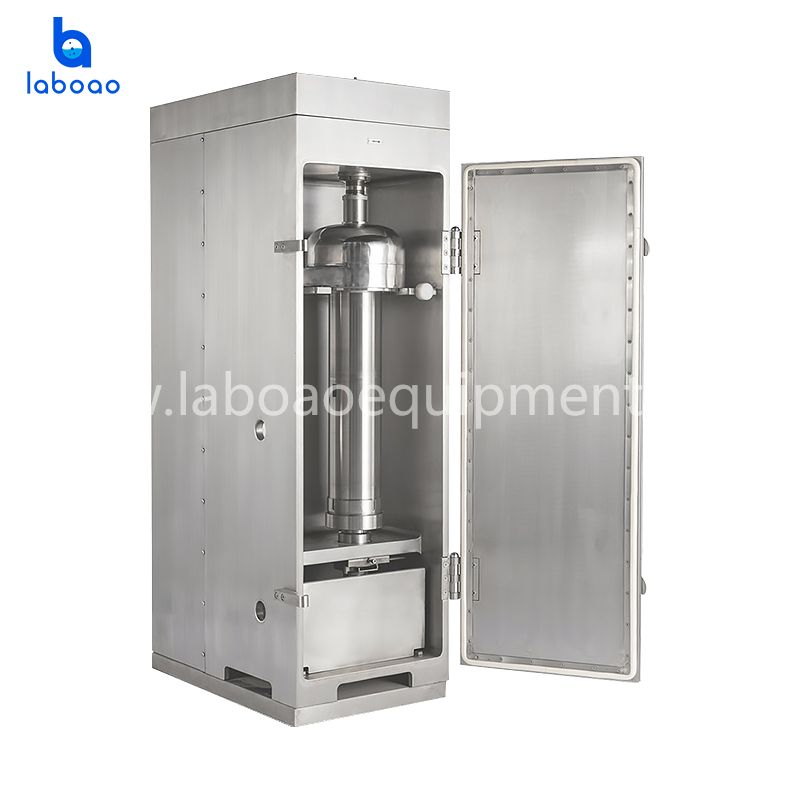
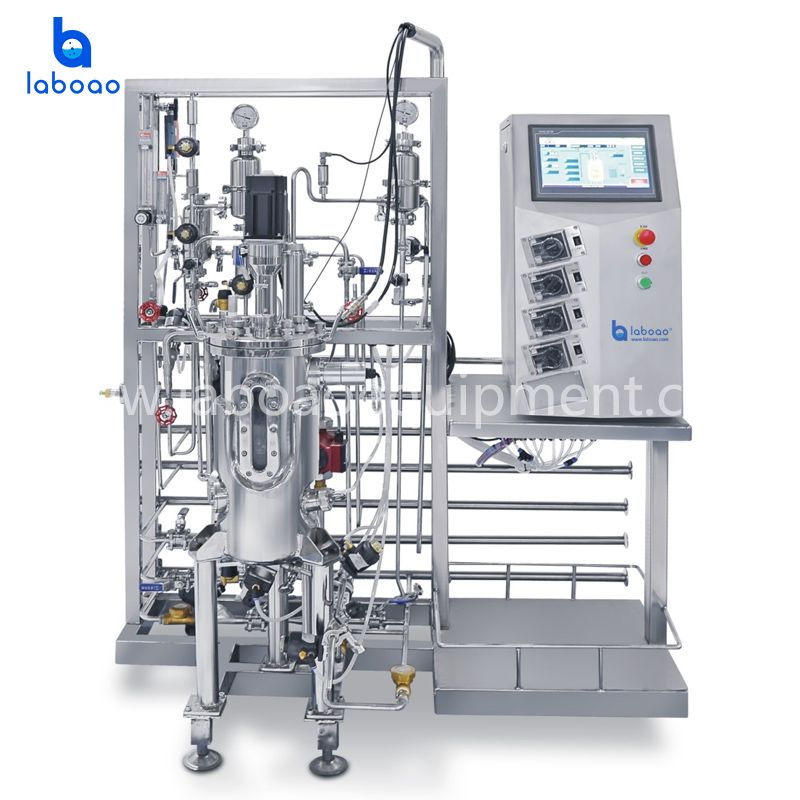
-analyzer-1695623743955.jpg)
